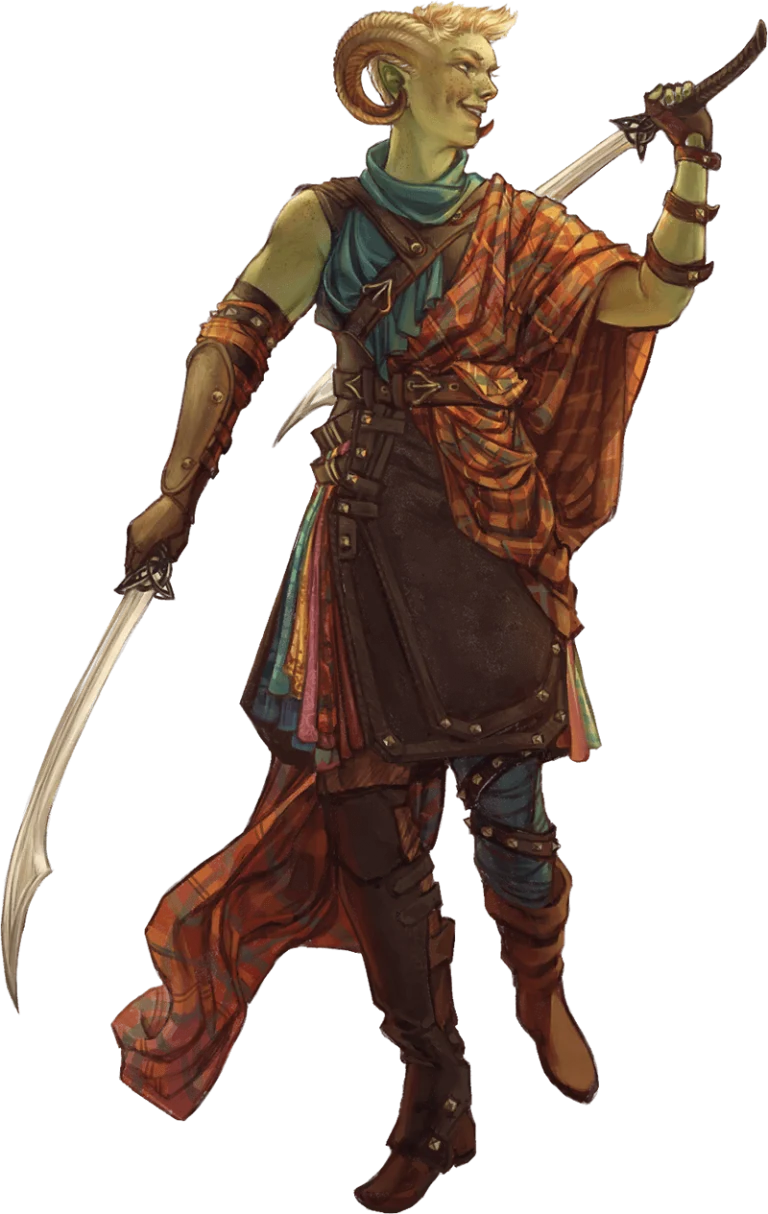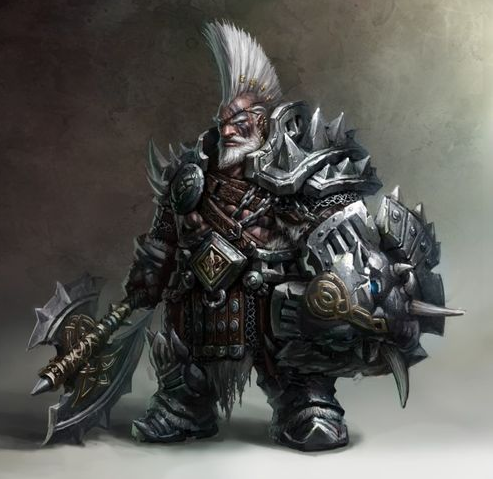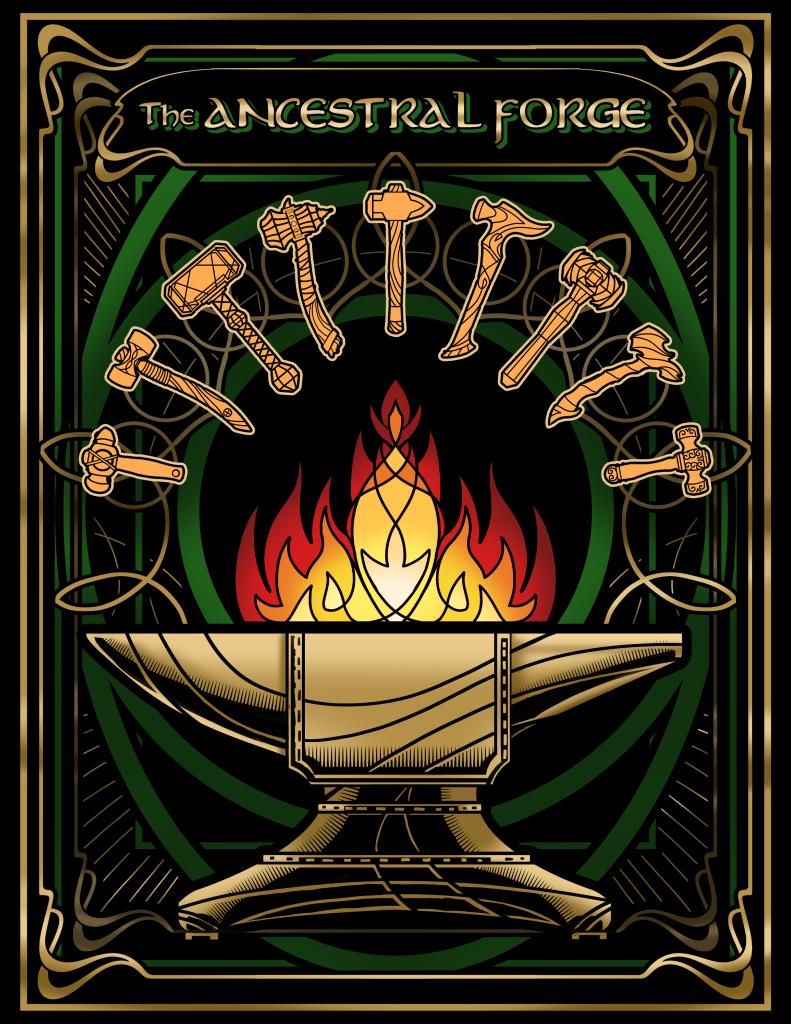D&D 5e: Graviturgy Wizard Guide

D&D 5e: Graviturgy Wizard Guide
Role in the Party
Have you ever wanted to manipulate the field of D&D in-character just as easily as you do out-of-character, moving minis on the map and changing the rules of the game like you’re challenging the DM themself? The Graviturgy wizard from Explorer’s Guide to Wildemount lets you play a strategy game while you’re playing D&D, in a very interesting form for the support-caster role.
Epic
[Good]
Meh
Bad
The Graviturgy Wizard subclass is found in the Explorer’s Guide to Wildemount. Click here to pick up your own copy of the Explorer’s Guide to Wildemount!
Graviturgy Wizard Features
Adjust Density– At level 2, as an action, you can make something (or someone) within 30 ft of you twice as heavy, or half as heavy, as long as they’re large or smaller. It lasts for a minute or until concentration is broken. Halving weight increases a creature’s speed by 10ft and lets them jump further while imposing disadvantage for strength-related checks; increasing weight does the opposite. And when you get to 10th level, you can affect huge creatures too.
This sounds situational, but think about it: Make a weight to drop on someone twice as heavy after it’s dropped. Lighten the load when preparing traps or moving things from place to place. Give your enemies disadvantage when fighting the barbarian or party grappler. Hell, just slow the enemy down for a hot minute while your rogue retreats. There are a lot of creative uses for this, and it doesn’t even cost a spell slot or have a recharge time.
Gravity Well– At 6th level, when you cast a spell on a creature, you can move the target 5ft to an unoccupied space of your choice if the target is willing to move, the spell hits it with an attack, or if it fails on a saving throw against the spell.
So, load up on support spells and move your friends into flanking positions when they end up just short or take a couple of damaging spells and Lucio ‘boop’ enemies off of cliffs like you’re playing Overwatch. This is that ‘strategy game’ aspect previously mentioned. It’s not a lot, but it can mean the difference. It always seems to come down to a five-foot difference, doesn’t it?
Violent Attraction– At 10th level, when a creature within 60 ft of you hits with a weapon attack, you can use your reaction to add 1d10 damage of that weapon’s type; or if a creature within 60ft of you takes damage from a fall, you can use your reaction to increase the fall damage by 2d10. You can use this a number of times equal to your int mod (minimum 1, but we all know it’s higher), and you regain expended uses after a long rest. Again, you’re capitalizing on that Lucio Boop. Perfect if you took Thunderwave and there are a lot of cliffs around; or if you just want to add some damage to your allies’ attacks. If you’re really sadistic, or you have some bones to pick with your party, you can probably secretly tell your DM to add this damage when an enemy hits someone in your party if you quietly want to get rid of someone without it being obvious it was you; nothing in here says that there are verbal, somatic, or material components.
Now, why doesn’t this go in reverse and let you reduce fall damage? Not sure. It might not be a bad idea to ask your DM. But the cool thing is, there’s never a reason to not use this, except to use it later instead.
Event Horizon– At 14th level, you can emit a powerful gravitational field for up to 1 minute or until concentration ends. During that time, if a hostile creature starts a turn within 30 ft of you, it must make a strength save against your spell DC. If it fails it takes 2d10 force damage and its speed is reduced to 0 until the start of its next turn. On a successful save, it takes half as much damage and every foot it moves this turn costs 2 extra feet of movement. You can use this once and regain it after a long rest, or expend a 3rd level or higher spell slot to use it again.
This one’s weird; if only because of “an extra 2 feet of movement”. In the 5-foot-grid of D&D, that can end up adding up strangely, and if you started in close quarters, it’s not going to do a whole lot for you. That said, 1d10 force damage is nothing to sneeze at, much less 2d10. An obscenely small number of creatures in 5e are immune or resistant to force damage, and 5-10 damage is always helpful. By 14th level, if all you did was cast Event Horizon, you’d still be able to use it 11 times. You won’t do that, but it sure doesn’t feel limiting.
Strengths
Graviturgy wizard is your mastermind planning ahead, the tactician, and the support-caster. There are many great ways to flavor one, from ‘Mad mage barely in control’ to ‘compulsively neat, requiring things to be just so to ‘mastermind pulling the strings’. They -like most wizards- aren’t meant to be working on their own, but mesh very well in a team, and have a lot of utility.
Weaknesses
Never leave the Graviturgy wizard alone. Not because you’ll get into trouble, or because you can’t handle yourself (but you’re a wizard, so you probably can’t, most of the time), but because the benefits of a Graviturgy wizard lie in teamwork. You’re good at casting buffs and making the fight go in your direction, not in getting your own hands dirty.
Best Race Options
–Fairy: Due to your lack of armor and manipulation of gravity, choosing a race that can fly is fantastic for you. This is especially good for using Violent Attraction; as you’re more likely to be able to fight flying enemies and get them out of the sky. Be sure you have some ranged support on the ground, though. Fairy also gets fairy magic, which will add to your spells known. Faerie Fire and Enlarge/Reduce are perfect additions to your repertoire.
–Air Genasi: Shocking Grasp, Feather Fall, and Levitate (at 1st, 3rd, and 5th level); resistance to lightning damage; ability to hold your breath indefinitely while conscious; darkvision; and you can choose whether you’re medium or small. There’s a lot to like about this race for the Graviturgy Wizard!
–Eladrin (Spring): The ability to teleport yourself or one ally up to 30ft as a bonus action at 3rd level can be insanely useful for you. While we’re at it, you get darkvision, and fey ancestry to avoid charm and Trance. You can also use your trance to change your season if you find that you’d rather do something else with your teleport.
Choosing the Right Skill
When making a wizard, you can choose 2 between Arcana, History, Insight, Investigation, Medicine, and Religion.
Unless your background or character concept differs, you probably want Arcana and History. Insight and investigation are good, but someone else in the party is likely to do better at it. Medicine and Religion are situational, and other members of the party are more likely to use them in most cases.
Fitting Feats
Keen Mind: Among other things, ‘You can accurately recall anything you have seen or heard within the last month’. In addition to basically making your DM take your notes for you, this could theoretically be used to remember the contents of a spell scroll if, for some reason, you can’t keep it (like, you have to give it to some powerful entity?), which means that as long as you get to record it in your book within the month, you can copy it down. Also, this feat increases your Int by 1.
War Caster: Advantage on con saves to maintain concentration when you take damage, perform somatic components of spells even with your hands occupied by weapon or shield, and when using an opportunity attack, you can cast a spell. Get this EARLY. Especially since most of Graviturgy Wizard’s subclass skills are concentration.
Metamagic Adept: If you want to capitalize on your spellcasting, pick up Metamagic Adept. Give yourself the two metamagic options of Subtle Spell and Careful Spell (or Quickened spell if you don’t care about your teammates), and you gain 2 sorcery points per long rest to meta your magic. It’s a small amount, but sometimes you really, REALLY have to use fireball and protect your friends. Or yourself. We aren’t judging.
Optimal Backgrounds
–Sage: Pretty obvious why you want this– Catch your arcana and history skills and two extra languages of your choice. Perfect for upping your Keen Mind. In addition, get the Researcher feature, which means you usually know where you could get the kind of information you need at any given moment, even if you don’t currently have it.
–Noble: History and persuasion skills, one extra language, 25gp, and some nice items, and the Position of Privilege feature, which welcomes you to high society. Most people want to help you, and you can get most people to listen to you in some form or other.
–Guild Merchant: Insight and Persuasion, two additional languages (or one and navigator’s tools proficiency), and 15 GP, but what you’re here for is the access to Guild Merchant’s mule and cart. As a Graviturgy Wizard, you can make it easier for your party to get a lot of loot into the cart, lighten the load for your mule (as long as the team is making sure nobody attacks the cart), or use the cart to carry ammunition you can use for teleporting things to high spaces and dropping them at twice their weight. For once, a background can be useful to a specific subclass! (But really, there’s never a bad time for the party to have a mule and a cart).
Multiclassing Options
–Sorcerer: While it requires a high charisma to be any good at the class, the sorcerer’s metamagic feature is incredibly useful for any caster. Flexible casting is good too. Since your sorcerous origin is determined at level 1, it can let you specialize early. at level 1, Draconic Bloodline lets you have an AC of 13+Dex mod, Aberrant Mind sorcerers let you speak telepathically with one creature, or Clockwork Soul lets you neutralize advantage or disadvantage on creatures you can see within 60ft of you. Plus, it’s just a cool aesthetic that meshes well with Graviturgy.
–Warlock: Again the high charisma problem, but who cares when you’ve got Eldritch Blast? If you take enough levels in Warlock to choose a pact, take Pact of the Tome and get more cantrips, and probably have a Hexblade patron.
–Cleric: Wis caster problem, but a 1st level domain choice to give you access to more spells in less time. Really, there’s no bad domain choice here, but the Tempest domain gives you Thunderwave, and that’s always a solid spell choice for yeeting enemies with your additional Graviturgy spells.
(Video by Urge TV on Youtube)
Would I recommend playing a Graviturgy Magic Wizard?
If you like supporting your friends and staying out of the fight in the early game, this is a great choice. If you last to higher levels though, Graviturgy spells can be pretty wild. Make sure your allies are all-in for watching your back, but if you play your cards right, you can be the back-line support that everyone needs; or the mastermind controlling the fight from afar. This is a great wizard to play even if it’s just for the wild flavor possibilities.








